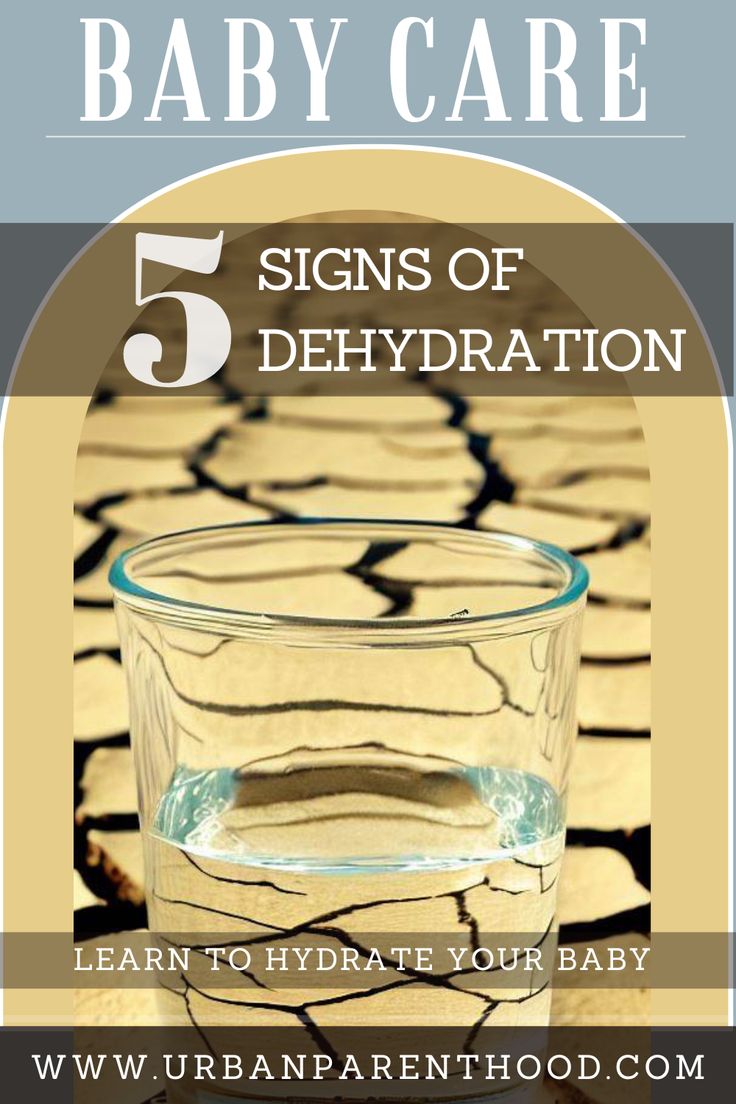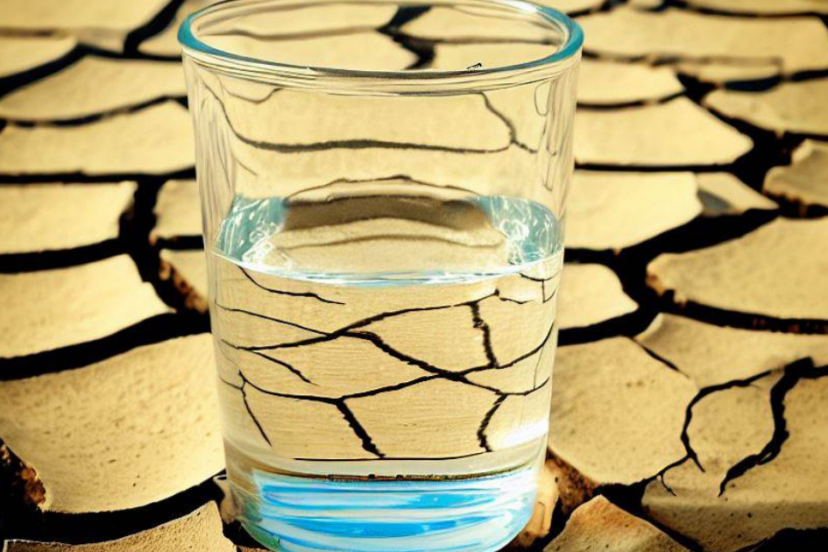Signs of Dehydration in Babies: Understanding and Ensuring Hydration
Understanding Dehydration in Babies
Importance of Hydration
Hydration is essential for maintaining optimal bodily functions, regulating body temperature, and supporting organ health. In babies, maintaining proper hydration is even more critical as their bodies are still developing and adjusting to the world.
Factors Affecting Baby’s Hydration
Several factors can affect a baby’s hydration levels, including environmental conditions, activity level, age, and feeding patterns. It’s important to consider these factors when assessing their hydration status.
5 Common Signs of Dehydration in Babies
Recognizing the signs of dehydration is vital for timely intervention. Here are some common indicators to watch out for:
1. Decreased Urination
A decrease in the frequency of wet diapers or significantly reduced urine output may indicate dehydration. Monitor your baby’s diaper changes to track their urine output.
2. Dry Mouth and Blistered Lips
Dry mouth and parched or blistered lips can be signs of dehydration in babies. Pay attention to the moisture levels in their mouth and lips to assess their hydration status.
3. Sunken Soft Spot
If you notice that your baby’s fontanelle (the soft spot on their head) appears sunken, it could be a sign of dehydration. A sunken fontanelle may indicate a decrease in fluid levels in the body.
4. Irritability and Fatigue
Dehydration can make babies feel irritable, fussy, and fatigued. If your little one seems unusually cranky or lethargic, it’s essential to consider their hydration levels.
5. Sunken Eyes
Sunken or hollow-looking eyes can be a sign of dehydration. Observe your baby’s eyes and consult a healthcare professional if you notice this symptom.
Assessing Dehydration in Babies
To assess dehydration, you can perform simple tests at home. However, always consult a healthcare professional for an accurate diagnosis. Here are some assessment methods:
Skin Elasticity Test
Gently pinch the skin on your baby’s abdomen or the back of their hand. If the skin takes longer to return to its original position, it might indicate dehydration.
Capillary Refill Test
Press down on your baby’s fingertip or toenail until it turns white. Release the pressure and observe how quickly the color returns. Delayed capillary refill may suggest dehydration.
Weight Loss
Monitoring your baby’s weight can help identify significant changes that may indicate dehydration. Consult your pediatrician to track your baby’s growth and development.
Causes of Dehydration in Babies
Understanding the common causes of dehydration can help you take preventive measures. Here are a few factors to consider:
Illness and Fever
During an illness or fever, babies may lose more fluids due to increased body temperature and potential vomiting or diarrhea. It’s crucial to monitor their hydration and seek medical advice if necessary.
Diarrhea and Vomiting
Frequent diarrhea or vomiting can quickly lead to dehydration. If your baby is experiencing these symptoms, consult your healthcare provider for guidance on rehydration.
Inadequate Fluid Intake
Insufficient fluid intake, whether through breastfeeding, formula feeding, or transitioning to solids, can contribute to dehydration. Ensure your baby is getting enough fluids and offer additional feeds if needed.
Preventing and Treating Dehydration
Taking proactive steps to prevent dehydration is essential. Here are some suggestions to keep your baby hydrated:
Adequate Fluid Intake
Ensure that your baby is getting enough fluids throughout the day. For breastfeeding babies, offer frequent nursing sessions. If formula feeding, follow the recommended guidelines for preparation and feeding.Breastfeeding and Formula Feeding
Breast milk and formula provide essential hydration for your baby. Stick to a regular feeding schedule, and observe your baby’s cues for hunger and thirst.
Rehydration Solutions
In cases of mild dehydration, your healthcare provider may recommend oral rehydration solutions. These solutions contain electrolytes and can help restore hydration levels.
Seeking Medical Assistance
If you suspect that your baby is dehydrated or if their condition worsens, seek medical assistance promptly. A healthcare professional can provide accurate diagnosis and recommend appropriate treatment.
Conclusion
Recognizing the signs of dehydration in babies is crucial for their well-being. By staying vigilant and taking preventive measures, you can help ensure that your little one stays properly hydrated and healthy.
FAQs
1. How can I ensure my baby stays hydrated?
To ensure your baby stays hydrated, offer frequent feedings if breastfeeding or formula feeding. Pay attention to their cues for hunger and thirst. Additionally, provide a safe and comfortable environment with appropriate clothing and room temperature to prevent excessive fluid loss.
2. Can I give my baby water to prevent dehydration?
For babies under six months old, it is generally not recommended to give plain water as their primary source of hydration. Breast milk or formula provides the necessary fluids and nutrients. Consult your pediatrician before introducing water to your baby’s diet.
3. How can I encourage my baby to drink more fluids?
If your baby seems reluctant to drink fluids, try offering smaller, more frequent feedings. Experiment with different temperatures or using a sippy cup or straw cup for older babies. You can also consult a pediatrician for personalized tips and advice.
4. Are there any signs of dehydration that require immediate medical attention?
Yes, certain signs may indicate severe dehydration and require immediate medical attention. These signs include a significantly sunken fontanelle, extreme lethargy or unresponsiveness, rapid breathing, or no wet diapers for several hours. Trust your instincts and seek medical help if you’re concerned.
5. Can dehydration be prevented during hot weather or when traveling?
Absolutely! During hot weather or travel, take extra precautions to keep your baby hydrated. Offer fluids more frequently, dress them in lightweight and breathable clothing, and avoid prolonged exposure to direct sunlight. If traveling, carry an adequate supply of formula or breast milk and consider using a cooler bag.
In conclusion, being aware of the signs of dehydration in babies is essential for their well-being. By staying observant, offering frequent feedings, and seeking medical advice when necessary, you can help ensure your baby stays properly hydrated.

*We may earn a commission from purchases made through our links, at no cost to you. This does not affect our product recommendations. Please see our disclosure to learn more.




